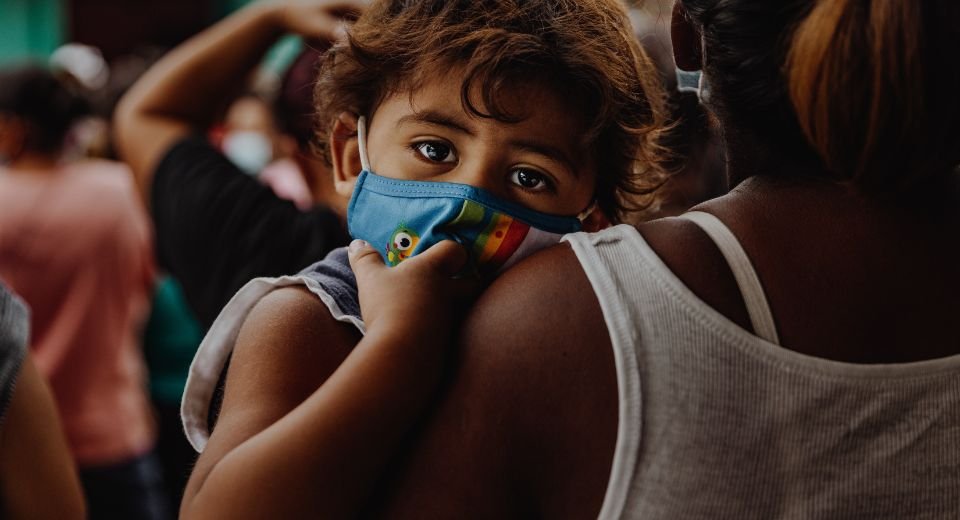HQ Team
February 9, 2024: The coronavirus may have lost its virulence with time but its long-term effects are still being revealed among the populace. A study in Pediatrics says that an estimated 10% to 20% of children who have had acute COVID-19 infections develop long COVID shortly after.
Earlier estimates by the Centers for Disease Control and Prevention (CDC) put the figure at 1 percent.
A new research in Pediatrics from Columbia University’s Irving Medical Center estimates that about 5.8 million children in the US have experienced the effects of long COVID. Long COVID among children can lead to neurological, gastrointestinal, cardiovascular, and behavioral symptoms which vary and are difficult to diagnose. Common symptoms include coughs, headaches, fatigue, loss of taste or smell, dizziness, and heart rate issues.
The study highlights the lack of definitive tests for long COVID. Also, there are no effective treatment programs available due to a lack of knowledge and diagnosis difficulty.
More research and support
The Pediatrics study comes with certain ‘caveats’ for the higher number estimated for long COVID among children. Some of the studies included in the study review looked only at a very small percentage of children who were hospitalized for Covid.
Most symptoms of long COVID in children, such as fatigue, brain fog, and headaches, were reported to improve within a year. However, some children experience lingering respiratory and cardiovascular problems, including the heart condition myocarditis. Diabetes and other autoimmune disorders can also follow severe bouts of COVID. There are currently no drugs available to treat long COVID.
Both researches show the urgent need for further research and support for children dealing with long COVID.
The occurrence of long COVID in children is complex and calls for continued research, better diagnostic tools, and more comprehensive treatment options.
